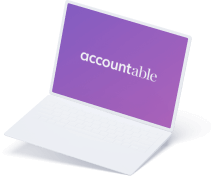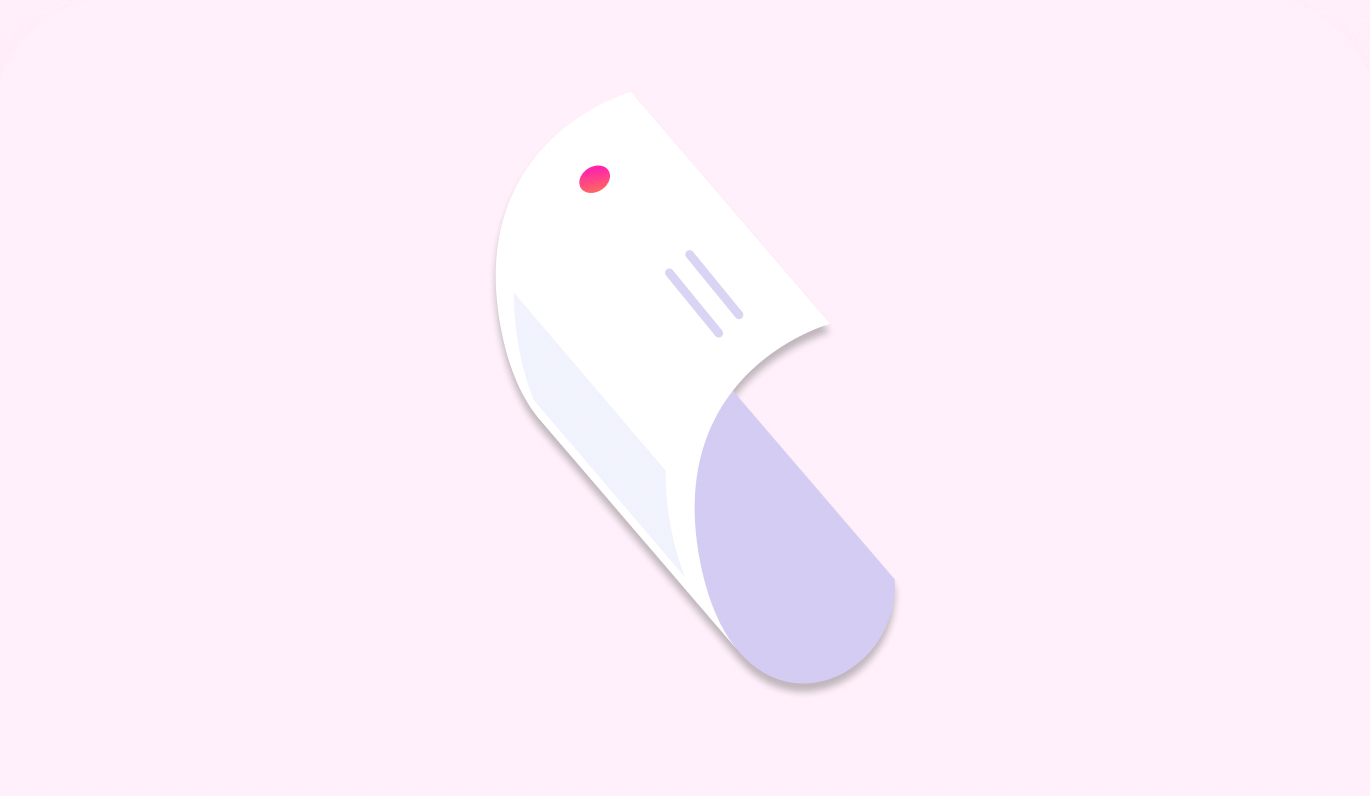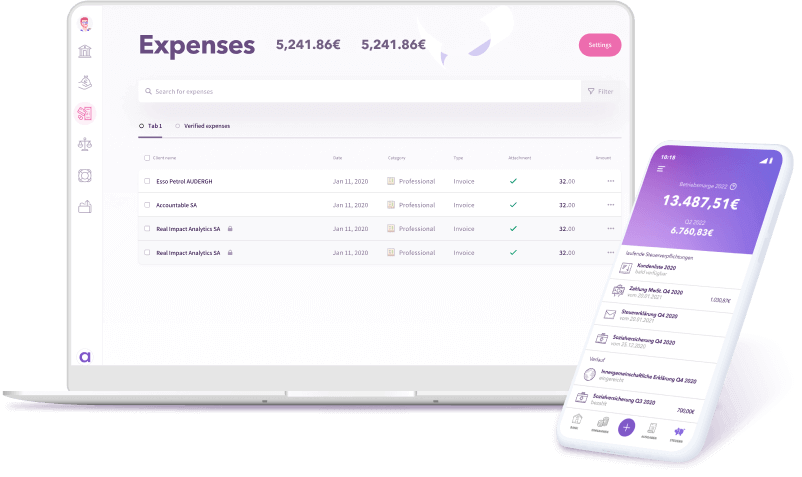
Health insurance for self-employed & Kleinunternehmer
Read in 5 minutes
With each guide to freelancing and taxes in Germany, we try to make the complex simple; taking a confusing bureaucratic system and breaking it down into digestible steps for you to follow and understand. Trust us, we’d rather it was simpler, too! Whether it’s pension schemes, sales tax, or even just registering as a freelancer, things can appear unnecessarily complicated in Germany, and health insurance is no exception.
A very important aspect to setting up as a freelancer in Germany is making sure you’re adequately covered by a health insurance provider (“Krankenkasse”). Not only does it mean you can quickly and affordably access top healthcare when faced with an emergency or illness, it’s also been a legal requirement since 2007 that everyone living in Germany is covered either by a private or public health insurance provider.
This guide here explains the German healthcare system and how it applies to freelancers and the self-employed.
I have travel insurance, isn’t that enough?
Simple answer: No.
Travel insurance is not sufficient if you’re planning to live and work in Germany. While certain types of travel insurance are enough to meet the requirements of a visa application, it’s not acceptable to register and commence working without setting yourself up with better health insurance coverage. Not only is it not legally sufficient, it also provides full coverage for things like medical check-ups, basic dental care, or mental health care.
Whether you’re freelancing in an artistic field, self-employed in some other capacity, freelancing in multiple fields, or even just planning to stay in Germany to study or look for work, it’s important to get your insurance sorted out as soon as possible. From the moment you complete your Anmeldung, you must be covered. If you delay, you’ll later need to back pay for the time that you weren’t insured.
An overview of the German health insurance system
Health insurance schemes differ from country to country. In some countries, such as Singapore, Australia, and the UK, the general population is covered by a national healthcare scheme that’s funded through taxes and tax levies. In other countries, healthcare is tied to employment. The USA is the only country in the developed world without a system of universal healthcare.
When it comes to healthcare for foreigners with temporary visas, each country again handles this differently. For example, in Australia, only permanent visa holders–not temporary visa holders–gain access to Medicare cover. So, what’s it like in Germany?
For those in full time employment
For most of the population, that is, those who are employed and earning less than €58,050 per year, health insurance comes from the public health insurance scheme. Those employed and earning a salary above €58,050 are eligible for private health insurance.
Those in full time employment typically pay only half of their insurance contributions, as their employer pays the other half. If you run a freelance or small business side hustle in addition to full time work, you’re classified as a full time employee when it comes to health insurance.
For freelancers or self-employed
If you’re self-employed or classified as a small business owner (“Kleinunternehmer”), you can be either publicly or privately insured, regardless of your income.
Without an employer to foot half of the bill, freelancers must pay all their health insurance contributions on their own, unless they qualify for the social security fund for artists (“Künstlersozialkasse”), which we’ll come back to a little later on.
Public health insurance for freelancers
When calculating the cost of public health insurance, a minimum monthly income of around 1,038€ is applied. If your income is lower, you’ll still pay as though you are earning that much. If your income is higher, your contribution will be higher.
Freelancers and self-employed individuals pay a minimum of 160-190€ per month for public health insurance.
💡Tip from Accountable: In most cases, you can claim your health insurance contributions on your tax return. See what other expenses you can deduct here.
Private health insurance for freelancers
Private health insurance plans can be more affordable for those who have just started their freelance career or small business, and generate less than the minimum monthly income of 1,038€.
There are both advantages and disadvantages to private plans. There are no real family plans under private healthcare schemes, as children or non-working spouses will need to be insured additionally to your own insurance. Yet, unlike public plans, you can tailor the services of a private healthcare plan to suit your individual needs and requirements.
It’s important to note that once you’re privately insured as a freelancer, you cannot easily switch to public health insurance. There are some situations where you can, but it’s generally quite difficult to meet the specific requirements (for example, if your spouse is publicly insured, you can switch to public insurance, but only if you earn under 500€ per month).
Should I take public or private health insurance?
While the decision is ultimately up to you, it’s widely believed that if you plan to stay in Germany permanently, it’s best to join the public healthcare system, rather than the private system. As you get older, the private system becomes more expensive.
Some other key differences:
- Unlike public health insurance providers, private ones usually charge higher premiums that vary according to your state of health and pre-existing conditions
- Private health insurance providers in Germany are legally obliged to accept anyone, so long as they’re either self-employed or earning above the threshold. Unlike public insurance providers, you cannot be denied private health insurance because of a pre-existing condition
- If you’re publicly insured, you have to pay 10% of the cost of prescription medicine, from a minimum of 5€ to a maximum of 10€ per prescription. With private healthcare, you’re generally required to pay up front in full and then send the receipt to your provider to claim a rebate to cover the cost
- As mentioned above, public health insurance policies can also extend cover to your family members, unlike private health insurance providers, which require additional plans and payments for extra dependents or a spouse
We can’t suggest a plan that’s right for you. If you’re unsure, we suggest contacting an independent insurance broker.
What should my health insurance cover?
The coverage for freelancers in Germany differs according to the health insurance plan chosen.
Public health insurance providers will cover the following:
- In- and out-patient hospital care
- Prescription medication costs
- Medical check-ups
- Mental health care
- Basic dental
- Pregnancy
- Ambulance
Private insurance providers may also provide more comprehensive care such as extended hospital cover or comprehensive dental. Pregnancy is not always covered by private insurance providers, so be sure to double check what you may need.
What is the Künstlersozialkasse?
If you’re self-employed in an artistic field, you may be eligible to be insured through the Künstlersozialkasse, which is a social security scheme for artists (“Künstler”).
Since freelancers don’t have the benefit of an employer to cover half of their health insurance contributions, and the work of artists is often poorly or irregularly remunerated, the German government created a system under which health insurance is subsidised by the government or self-employed artists, affording them the same benefit received by those in regular employment.
Even if you freelance in more than one field, provided you can prove that the majority of your income is generated through an artistic activity, such as design, writing, music, or acting, you can be insured with the Künstlersozialkasse. The process of applying can be very tedious, but once you’re accepted, your health insurance payments will be subsidised, as will your pension, and nursing care insurance.
Although your portion of contributions are paid to the Künstllersozialkasse, it is not an insurance provider itself. You should have your insurance in place before starting your application
Choose carefully, but don’t delay!
Health insurance is mandatory if you’re living in Germany, and if you’re not signed up to either a public or private health insurance provider by the time you’re registered as living in Germany, you will be made to back pay. So it’s best to act quickly, or you’ll be paying for insurance to cover the past (and you can’t get sick in the past!).
Nonetheless, it’s not something you want to rush into either, since it’s difficult to switch from private to public, and you want to make sure that you’re covered sufficiently for you and your individual needs.
💡Tip from Accountable: You need to have enough cash flow each month to pay your health insurance contributions. Make it easier on yourself and your clients by ensuring your invoices are correct and sent out quickly. Download Accountable now and create the perfect invoice every time!
Did you find what you were looking for?
Happy to hear!
Stay in the know! Leave your email to get notified about updates and our latest tips for freelancers like you.
We’re sorry to hear that.
Can you specify why this article wasn’t helpful for you?
Thank you for your response. 💜
We value your feedback and will use it to optimise our content.












